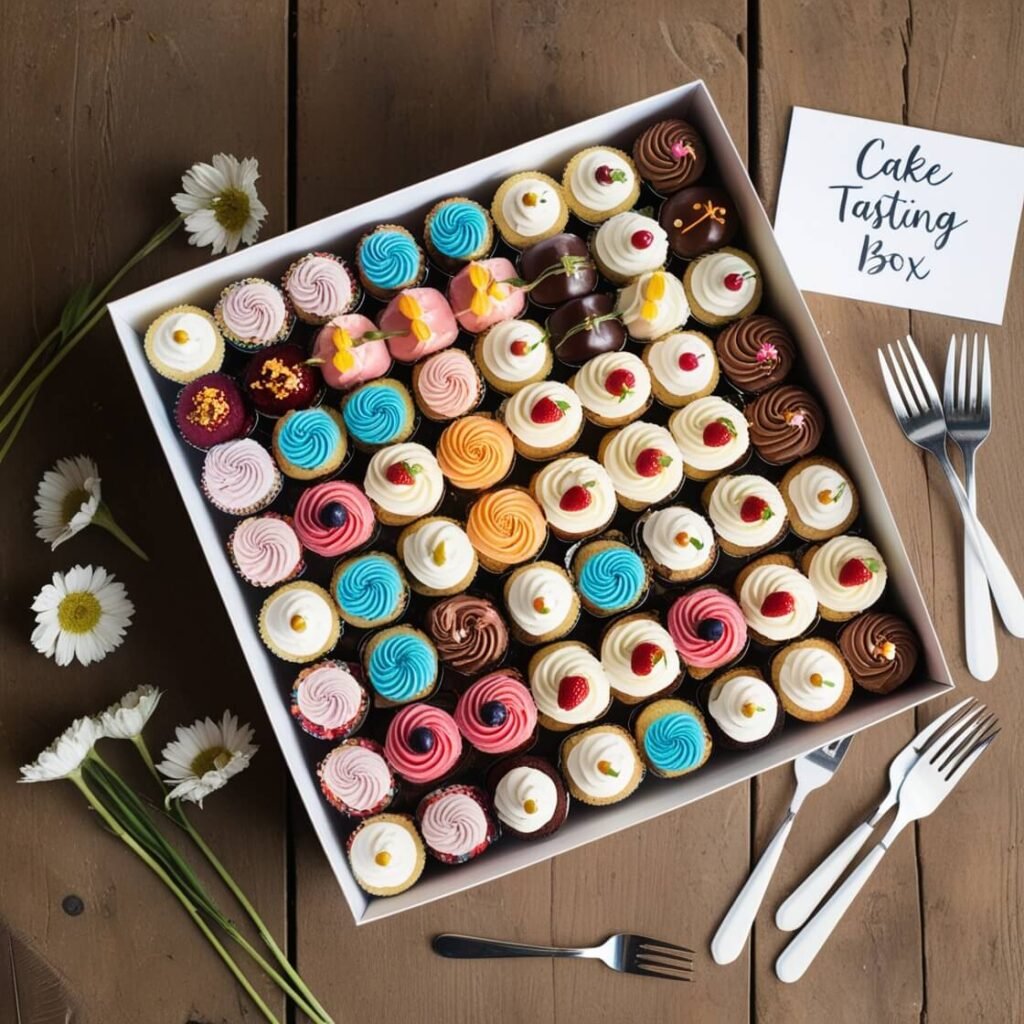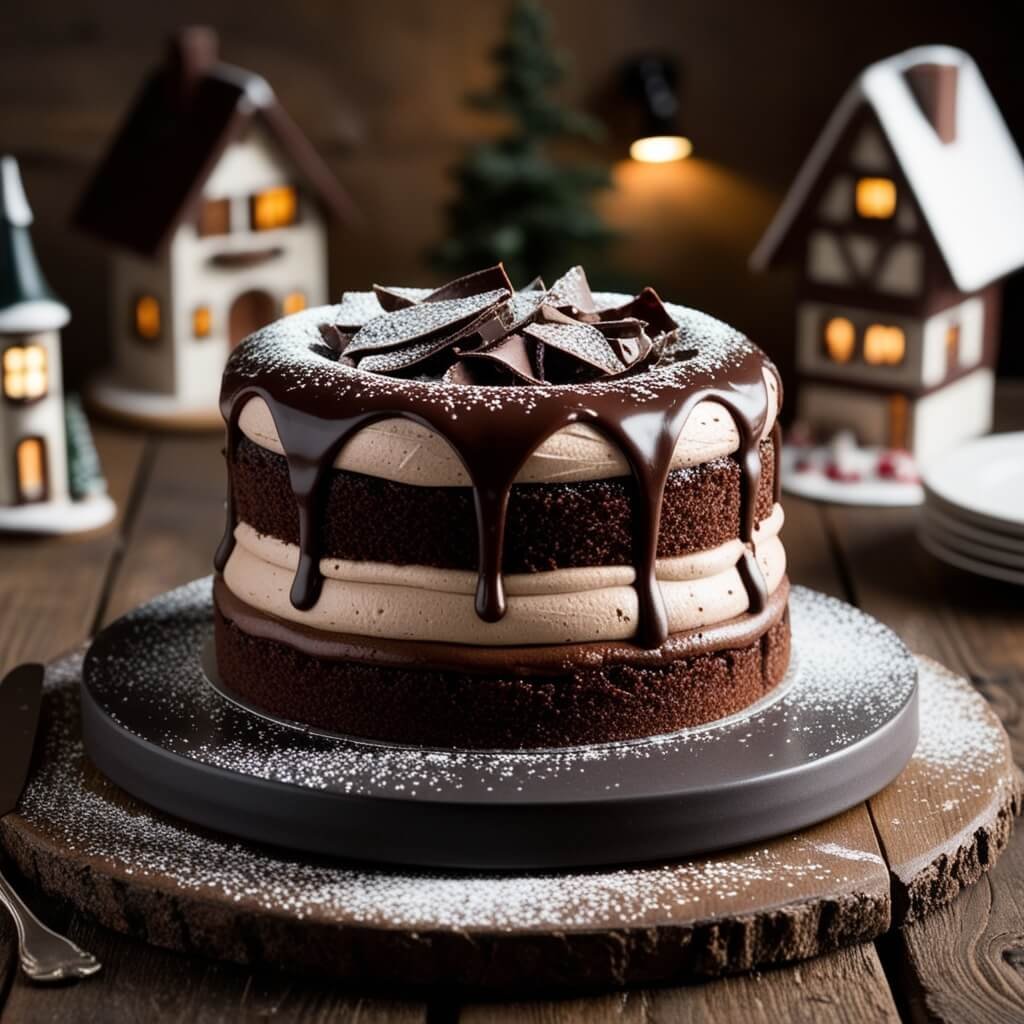Cats should not eat regular cake, as it contains ingredients like sugar, fats, and additives that are harmful to their health. Cakes such as chocolate or carrot cake can be particularly dangerous due to toxic components like chocolate or spices. Instead, opt for cat-friendly cakes made with safe ingredients like tuna, chicken, or pumpkin to treat your feline on special occasions. Prioritize their dietary needs by avoiding human desserts and choosing species-appropriate snacks.

When it comes to sharing our favorite treats with our furry friends, many pet owners find themselves wondering, “Can cats eat cake?” While it’s tempting to offer your cat a bite of that delicious dessert, it’s important to understand how human food, especially sweets like cake, can impact your feline’s health. In this article, we’ll explore whether cats can safely eat cake, what types of cakes might be cat-friendly, and why some ingredients can be harmful. By the end, you’ll have a clear understanding of the best practices for treating your beloved pet.
Table of Contents
Can a Cat Eat Cake?
Cats are curious creatures, and their interest in your slice of cake might have you considering whether it’s safe to share. The short answer is no, cats should not eat regular cake. Cakes made for humans typically contain ingredients that are either unhealthy or downright dangerous for cats, such as sugar, butter, and artificial flavors.
Unlike humans, cats lack the enzymes needed to digest sugary and carbohydrate-rich foods effectively. Offering your cat cake can lead to digestive issues, weight gain, or worse—exposure to toxic ingredients. Additionally, cats don’t have taste receptors for sweetness, meaning they won’t enjoy cake the way we do. So, while it may feel like a treat to you, it’s not particularly rewarding for your feline friend.
Is Cake Bad for Cats?
Yes, cake is generally bad for cats. The ingredients commonly found in cakes, such as sugar, fats, and artificial additives, do not align with a cat’s dietary needs. Consuming cake can lead to short-term issues like upset stomachs and long-term problems such as obesity and diabetes. Furthermore, specific types of cakes, like chocolate or carrot cake, can be particularly harmful due to toxic ingredients or high sugar content.
Can Cats Eat Chocolate Cake?
Chocolate is toxic to cats and should never be given to them under any circumstances. Chocolate contains theobromine and caffeine, both of which are harmful to cats even in small amounts. Eating chocolate cake can cause symptoms like vomiting, diarrhea, rapid breathing, increased heart rate, or seizures in cats. In severe cases, chocolate toxicity can be fatal.
If your cat has ingested chocolate cake, contact your veterinarian immediately. The sooner you seek medical attention, the better the chances of mitigating any serious health risks.
Can Cats Eat Rice Cakes?
Rice cakes might seem like a harmless treat, but they’re not ideal for cats. While plain rice isn’t toxic to cats, rice cakes are processed and often contain added salt, sugar, or flavorings that are not suitable for feline consumption. Moreover, rice cakes lack the essential nutrients cats need, making them an empty calorie food. Feeding your cat rice cakes offers no nutritional benefit and could lead to stomach upset or other health issues. If you want to share a snack, stick to something specifically formulated for cats.
Can Cats Eat Carrot Cake?
Carrot cake might appear to be a healthier option, but it’s still not safe for cats. The sugar content in carrot cake, along with other common ingredients like cream cheese frosting and nuts, can upset a cat’s stomach. Additionally, some carrot cake recipes include raisins or spices such as nutmeg, which are toxic to cats. While small amounts of plain cooked carrots are safe for cats and even provide some health benefits, carrot cake should remain off-limits.
Cake Cats Can Eat: Are There Any Safe Options?
If you want to celebrate your cat’s special day with a cake, you can create or buy cakes specifically made for cats. These cakes are crafted with feline-friendly ingredients that are safe and nutritious. Here are some ideas for cakes cats can eat:
- Tuna Cake
- Combine canned tuna (in water, not oil) with a little egg and bake until firm. This protein-packed treat will make your cat purr with delight.
- Chicken Cake
- Blend cooked, shredded chicken with a small amount of cat-friendly yogurt. Form it into a cake shape and serve.
- Pumpkin Cake
- Mix plain, canned pumpkin with a bit of oat flour and bake. Pumpkin is gentle on a cat’s stomach and can aid digestion.
- Salmon Cake
- Use cooked salmon as the base, adding a small amount of mashed sweet potato for texture. Shape into a mini cake and serve fresh.
Why Cats Should Avoid Regular Cakes
Cakes made for human consumption are high in sugar and fat, which are unnecessary and harmful to a cat’s diet. Cats are obligate carnivores, meaning they thrive on a diet of meat and animal-based proteins. Feeding them sugary treats like cake can lead to obesity, diabetes, and other health issues over time.
Some ingredients in cakes are particularly dangerous for cats:
- Chocolate: As mentioned earlier, chocolate is highly toxic.
- Raisins and Grapes: Often found in fruitcakes, these can cause kidney failure in cats.
- Artificial Sweeteners: Xylitol, a common sugar substitute, is toxic to cats.
- Dairy: While many cats enjoy milk, they are often lactose intolerant, and frosting or cream can cause stomach upset.
- Spices: Ingredients like nutmeg and cinnamon can be harmful in large quantities.
How to Safely Treat Your Cat
Instead of cake, consider healthier alternatives that your cat will enjoy and benefit from. Here are some ideas:
- Cat Treats: Specially formulated treats provide a safe and satisfying snack.
- Cooked Meat: Small pieces of plain, cooked chicken, turkey, or fish make excellent treats.
- Catnip: A sprinkle of catnip can be a fun and stimulating treat for your feline friend.
- Wet Cat Food: High-quality wet food can be presented in a celebratory way, like forming it into a cake shape.
- Freeze-Dried Snacks: Freeze-dried meat or fish treats are healthy and convenient options.
Cakes That Cats Can Eat Safely
When it comes to cakes that cats can eat, it’s best to stick with homemade options using simple, natural ingredients. Always avoid adding sugar, salt, or any seasoning to your cat’s treats. Here are some tips for making a safe cat-friendly cake:
- Use ingredients like canned tuna, cooked chicken, or pumpkin.
- Avoid baking with wheat flour if your cat has sensitivities; opt for oat or coconut flour.
- Ensure all ingredients are free of added sugar, salt, or toxic seasonings.
- Serve in small portions to prevent overfeeding.
- Consider consulting your veterinarian for approval on recipes.
Celebrating Special Occasions with Your Cat
If you’re looking to celebrate a special occasion like your cat’s birthday or adoption anniversary, there are many creative ways to do so without compromising their health. You can:
- Organize a small “cat party” with feline-friendly snacks.
- Gift them a new toy or scratching post.
- Plan a day of dedicated playtime and cuddles.
- Create a “cake” using layers of wet cat food, garnished with their favorite treats.
Common Misconceptions About Cats and Cake
- Myth: Cats can eat cake in small amounts.
- Reality: Even small amounts of cake can cause digestive upset or expose your cat to harmful ingredients.
- Myth: Natural or organic cakes are safe for cats.
- Reality: Organic doesn’t mean cat-friendly. The sugar and other ingredients still pose risks.
- Myth: Cats need variety, including human food.
- Reality: Cats require a consistent diet of species-appropriate food. Human food, including cake, is not necessary for their well-being.
Final Thoughts: Can Cats Eat Cake?
So, can cats eat cake? The answer is clear: regular cakes made for humans are not suitable for cats. However, with a little creativity, you can whip up a special treat that’s both safe and enjoyable for your feline friend. Remember, your cat’s health and well-being should always come first, so stick to treats that align with their dietary needs.
By understanding what’s safe and what’s not, you can keep your cat happy and healthy while still celebrating special occasions. After all, a purring, content kitty is the best reward of all!
Visit cake diary for more information.

